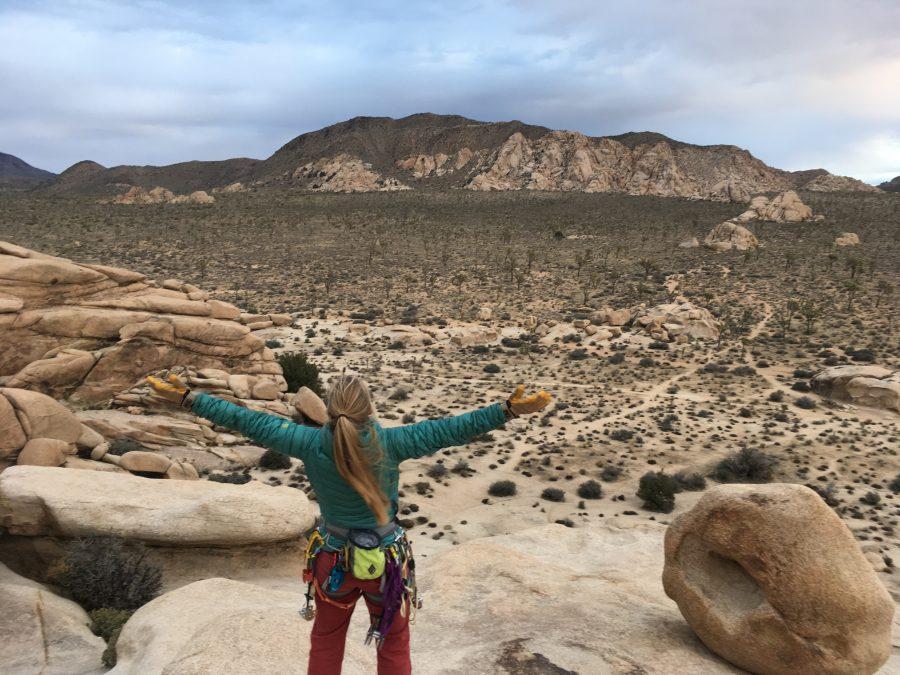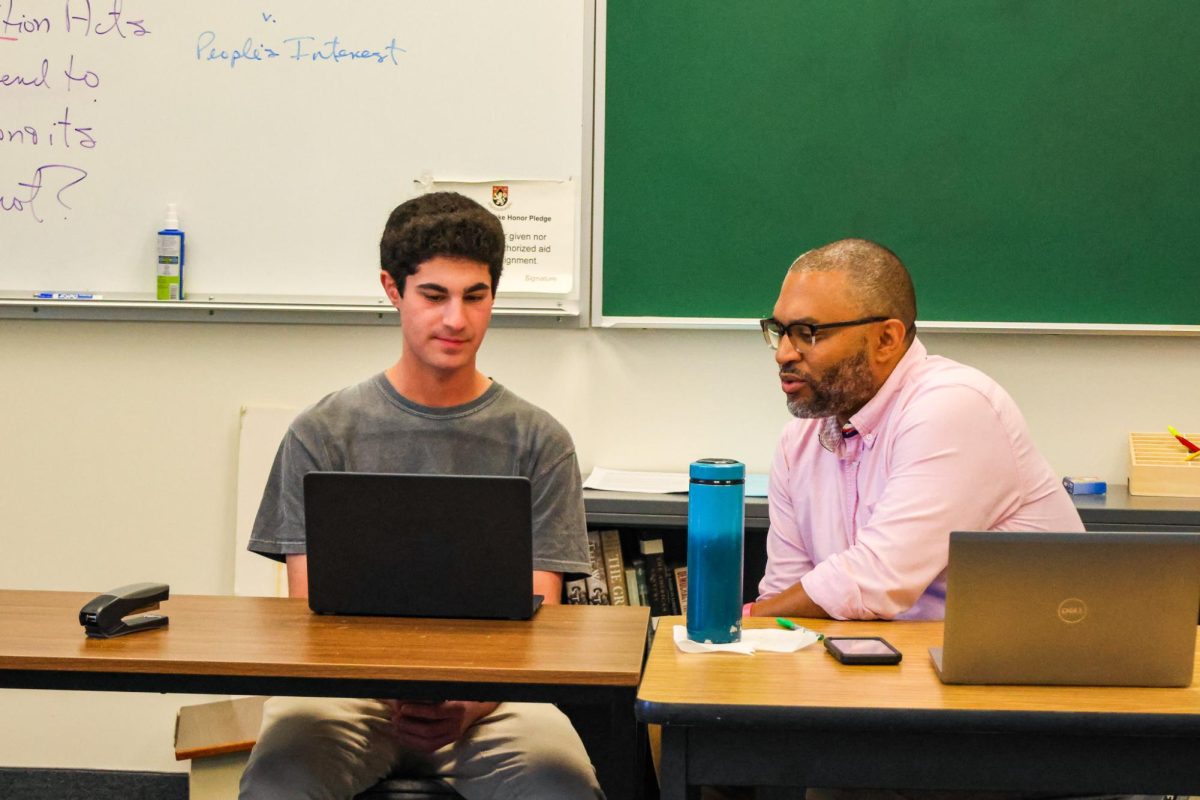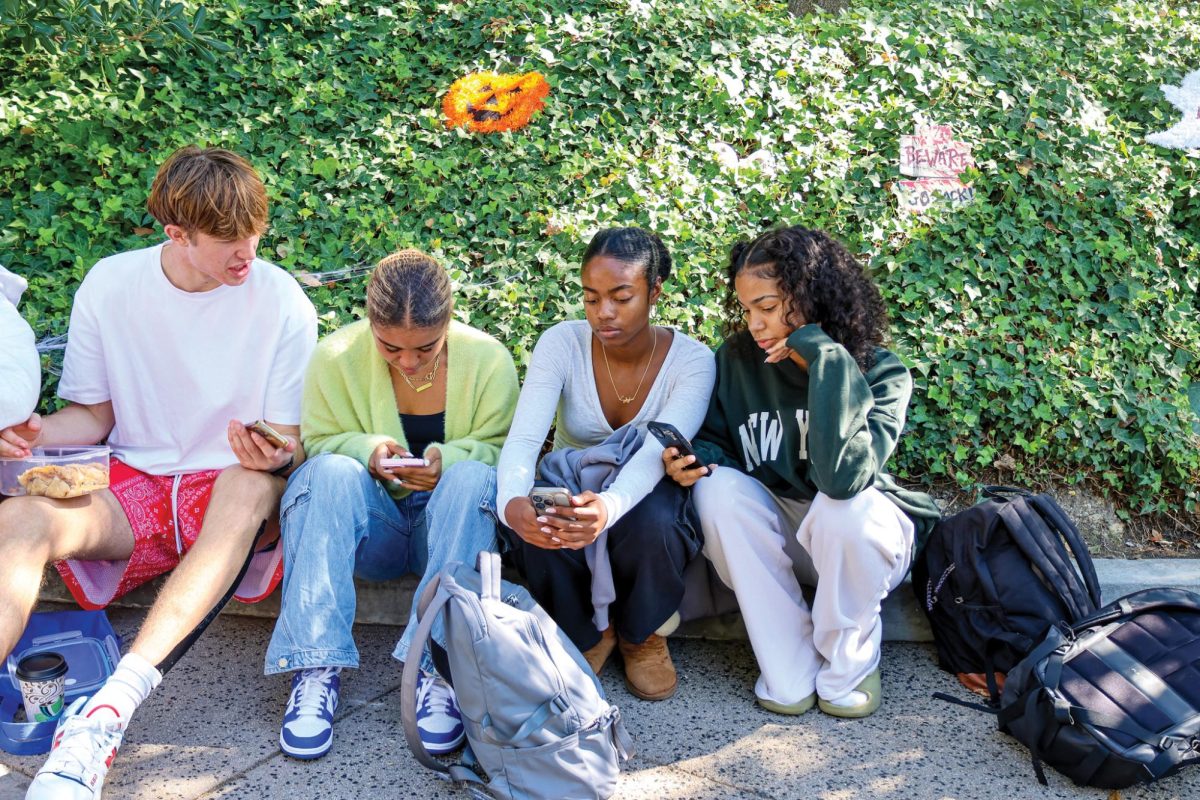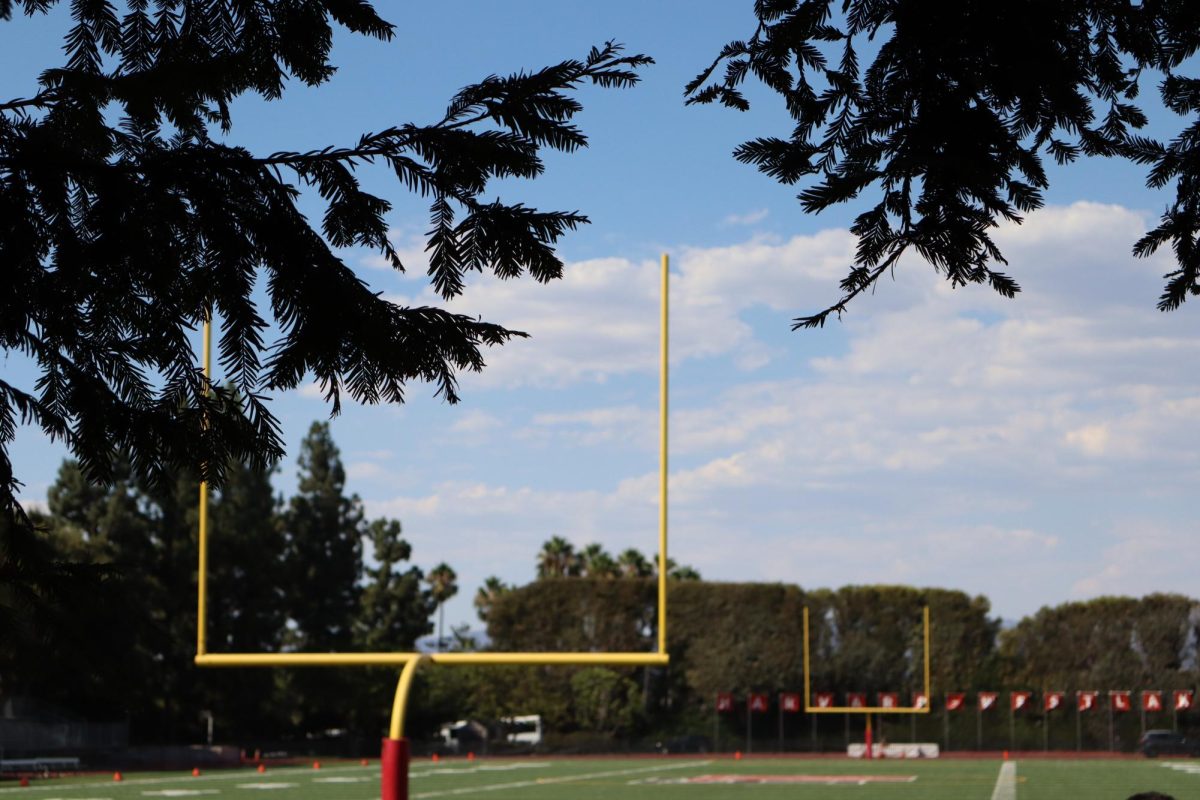When Sam’s* friends first told him about the government shutdown during winter break, he was initially shocked by the news. His disbelief, however, quickly turned into concern as he thought about the thousands of government employees who would be without pay.
The government shutdown began at midnight on Dec. 21, which caused all non-essential federal programs to close for the duration of the shutdown. As a result, over 400,000 government employees are unable to work and without pay until the federal government ends the shutdown, according to the New York Times.
Science teacher Richard Vo said the event could potentially affect his peers.
“It’s unfortunate that the government shutdown is affecting so many lives,” Vo said. “I actually have a couple of friends who work in national labs who will have to stop their time-sensitive projects because of funding issues.”
According to the Washington Post, the current shutdown is due to the controversy surrounding President Trump’s insistence on $5.7 billion to fund a “border wall.”
“I think Trump is a good, hardworking American and has the best interest of the American people in mind,” Toby* said. “I’m all for immigration, but I think it should be legal. I think Trump should be looking out for the safety and welfare of the American people.”
The shutdown also affected national parks, prompting closures across the country, Anja Clark ’19 said.
“My family was planning on spending part of winter break in Bryce and Zion National Parks, but because of the shutdown, we didn’t end up going,” Clark said. “I did go to Joshua Tree National Park for a day instead, but it’s such a shame that the shutdown has dragged on for so long. For the National Park Service, it’s really tragic that decades of conservation work and waste management is being undone because of the lack of staff and disrespectful people taking advantage of free parks.”
The current government shutdown is the longest one in U.S. history, according to Vox.
*Names have been changed.







































